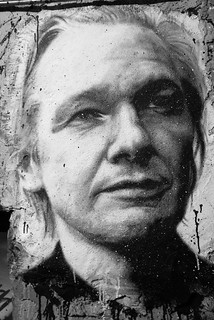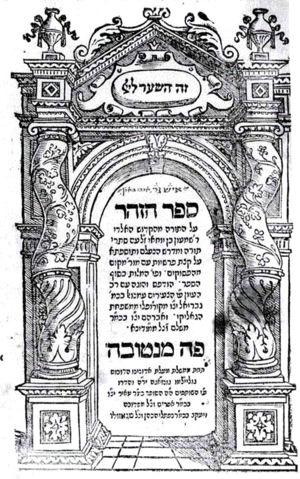If you’re easily offended by religious ideas that fail to match your own, please don’t read on. But, if you have an open and enquiring mind, you might like to share your thoughts and comment on what I intend to explore here.
Raised as a
Christian, I passed through atheism, induced by my mother’s death in a road accident when I was 16, to my current state of agnosticism. The agnostic stance, as with most religious viewpoints, has several manifestations. My own is quite simple:
I believe that IF there is a
God, that being or power is certainly not in any way a personal deity and can have no gender. I believe such an entity is likely to be too complex and ineffable to be even remotely comprehensible to humanity.
As a result of this philosophical stance, I see ALL definitions of God as inadequate and sometimes downright insulting to this power. However, because I have no emotional bond to the idea – it’s an academic consideration rather than a sentimental desire to have unanswerable questions easily answered – I feel no personal concern at such insults. I do, however, find sympathy with some of
Richard Dawkins’ ideas, especially regarding the indoctrination of children in
Faith schools.
If we are brought up, steeped in any religious tradition, these ideas are so deeply ingrained into our consciousness that not only are they difficult to counter in later life, but they exist as a subconscious set of rules for our later beliefs and behaviours. Language itself is difficult to use without, in the case of Christian countries, Biblical references; the same applies in
Muslim countries with the
Qur’an. No doubt there are similar ties in other languages with
Hinduism and Buddhism, though the latter is a little less aggressive than most religions. If children are taught a certain dogma as fact, then they are less likely to view opposing ideas with sympathy and, in some cases, are likely to view such opposition as hostile. We educate our children in a specific religious belief at the expense of their intellectual and spiritual freedom. That this is done by the religious groups primarily as a way of perpetuating and increasing their particular viewpoint, is undeniable, though they will all deny it, of course.
It strikes me that most religious doctrine (by which I mean the dogma; the insistence that their version of events is the only one, the right one) is so clearly based in factually questionable ideas as to be transparently doubtful. However, most adherents, disciples and converts to the various faiths are so desperate to be seen as members of their particular club or tribe that they willingly paper over the obvious cracks. Often, the arguments brought to bear in defence of their particular stance are so far-fetched as to be risible when subjected to rational analysis. Religion is the only area of human life where a belief in something which cannot be proven is considered a positive quality. There’s as much evidence for the existence of fairies, a flat Earth or a Moon made of green cheese, as there is for the existence of the type of God described by most religions. (This, of course, is only the case if you remove from consideration as evidence the religious books – Bible, Qur’an, Torah, etc, - since history proves that these were clearly written by men and have nothing whatsoever to do with any higher power) Yet believers in the other fantasies listed are pilloried and ridiculed, whilst believers in the faiths are praised, especially by others of the same persuasion. Faith in things intangible encourages our children to believe myths, mistruths, rumours and lies, instead of promoting questioning everything around them and fostering the search for evidence. Do we really want to steep our children in dubious myths, which have long since been discredited, and thus perpetuate divisions caused by loyalty to organisations that exist primarily as power bases for those with a personal need for authority and control over others?
So, no doubt having enraged members of all major faiths, I invite all and sundry to comment, refute, agree or question. BUT I’ll delete any comments that are simply insulting or deliberately offensive, whatever side of the argument they support.















